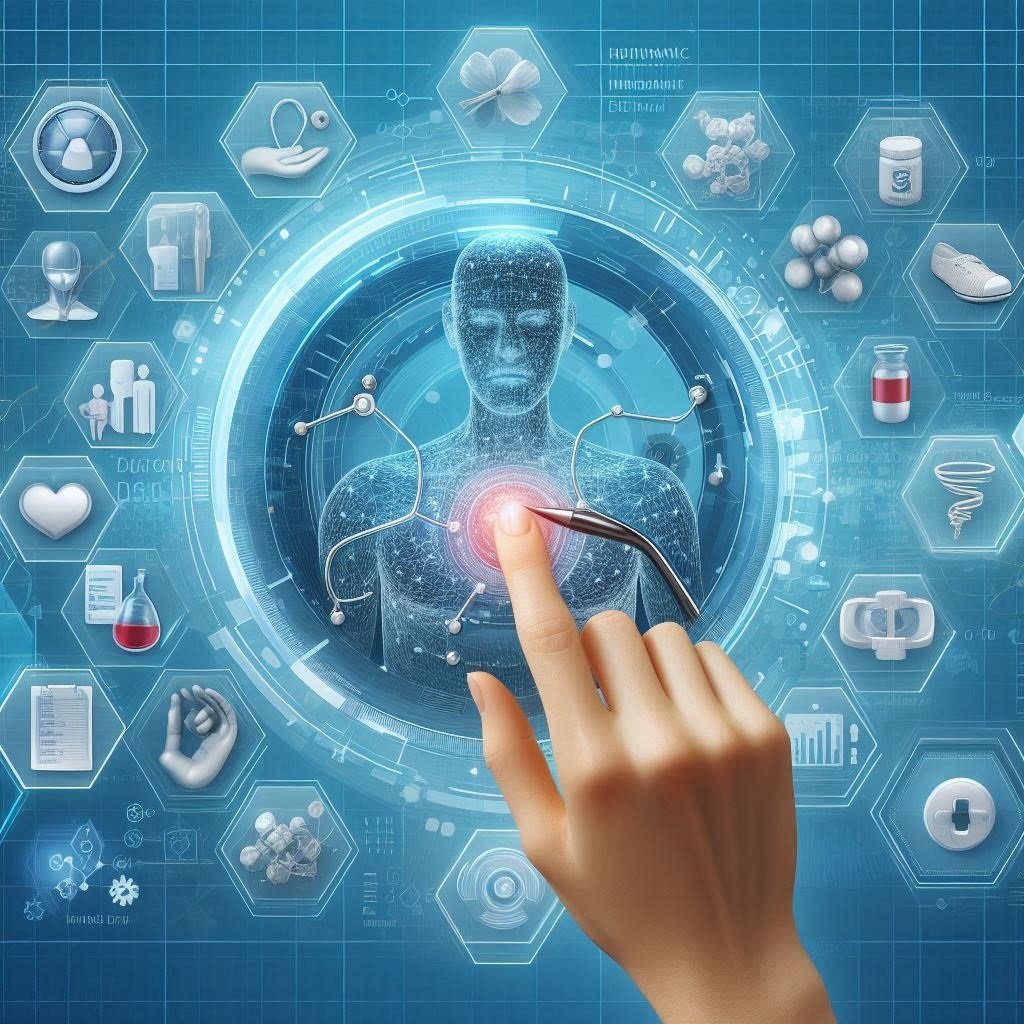Nursing informatics is transforming healthcare. It’s a field that blends nursing with technology. This combination creates smarter patient care and opens doors to rewarding careers. Let’s dive into how nursing informatics is shaping the future of healthcare.
What is Nursing Informatics?
Nursing informatics is a specialty that merges nursing science with information technology. It involves using data and technology to improve patient care. Nurses in this field work with electronic health records (EHRs), telehealth systems, and other digital tools. Their goal is to enhance healthcare delivery and patient outcomes.
The Role of Nursing Informatics
Nursing informatics professionals play many roles. They ensure that technology in healthcare is used effectively. They help design and implement EHRs. They train other nurses on using new systems. They analyze data to find trends and improve care processes. This field is vital for modern healthcare.

The Impact on Patient Care
Nursing informatics has a big impact on patient care. Here’s how:
Improved Accuracy and Efficiency
With digital records, nurses can access patient information quickly. This reduces errors and saves time. No more searching through paper files. Everything is available at the click of a button.
Better Communication
Nursing informatics improves communication between healthcare providers. Doctors, nurses, and specialists can share information easily. This leads to better coordination and care for patients.
Enhanced Patient Safety
Digital tools help monitor patient conditions in real-time. Alerts can notify nurses of critical changes. This means faster responses to potential problems.
Personalized Care
Data analysis helps tailor treatments to individual patients. Nurses can use information to provide care that meets each patient’s unique needs.
The Growing Demand for Nursing Informatics
The demand for nursing informatics professionals is growing. Healthcare is becoming more digital. Hospitals and clinics need experts to manage this change. According to the Bureau of Labor Statistics, healthcare jobs are projected to grow faster than other sectors. This includes nursing informatics.
Career Opportunities
There are many exciting career paths in nursing informatics. Here are a few:
- Informatics Nurse Specialist: Work on integrating technology into nursing practice.
- Clinical Analyst: Analyze data to improve clinical processes.
- Nurse Educator: Train other nurses on new technology.
- Health Informatics Consultant: Advise healthcare organizations on technology use.
- Chief Nursing Informatics Officer (CNIO): Lead informatics initiatives in healthcare organizations.
These roles offer competitive salaries and benefits. They also provide opportunities to make a real difference in patient care.
Education and Certification
To enter the field of nursing informatics, you need the right education and certifications.
Educational Pathways
- Bachelor’s Degree in Nursing (BSN): This is the first step. A BSN program covers basic nursing skills and introduces healthcare technology.
- Master’s Degree in Nursing Informatics (MSN): Many nurses pursue an MSN to specialize in informatics. These programs delve deeper into data management, EHRs, and healthcare technology.
- Doctorate in Nursing Practice (DNP): For those aiming for leadership roles, a DNP offers advanced training in nursing informatics.
Certification
Certification can boost your career in nursing informatics. The American Nurses Credentialing Center (ANCC) offers a Nursing Informatics Certification (RN-BC). This certification shows you have the skills and knowledge needed in this field.
The Future of Nursing Informatics
Nursing informatics is set to grow even more in the coming years. As technology evolves, so will the tools and methods used in healthcare. Here are some trends to watch:
Telehealth
Telehealth has become more popular, especially after the COVID-19 pandemic. It allows patients to receive care without leaving their homes. Nursing informatics professionals play a key role in implementing and managing telehealth systems.
Artificial Intelligence (AI)
AI is making its way into healthcare. It can help analyze data, predict patient outcomes, and even assist in diagnosing conditions. Nurses will need to understand how to use AI tools effectively.
Big Data
Big data is transforming how we understand health trends. Nurses can use big data to improve patient care and outcomes. Analyzing large sets of data can reveal patterns that individual records might miss.
Mobile Health (mHealth)
Mobile health involves using smartphones and apps to monitor health. Patients can track their conditions and communicate with their healthcare providers through these apps. Nursing informatics can help develop and manage mHealth solutions.
Benefits of a Career in Nursing Informatics
Choosing a career in nursing informatics comes with many benefits:
High Demand
There is a high demand for nursing informatics professionals. This means job security and plenty of opportunities for advancement.
Good Salary
Nursing informatics professionals often earn higher salaries compared to traditional nursing roles. According to the Healthcare Information and Management Systems Society (HIMSS), the average salary for informatics nurses is significantly higher than the national average for nurses.
Job Satisfaction
Many in this field report high job satisfaction. They enjoy the blend of nursing and technology. They also take pride in improving patient care through innovative solutions.
Continuous Learning
Technology is always changing. This field offers constant learning opportunities. You’ll stay updated with the latest advancements in healthcare technology.
Making a Difference
Nursing informatics professionals make a real impact on patient care. They improve processes, enhance safety, and ensure better outcomes. This role is crucial in the modern healthcare landscape.
Challenges in Nursing Informatics
While nursing informatics is a rewarding field, it also comes with challenges:
Keeping Up with Technology
Technology evolves rapidly. Staying current with new tools and systems can be challenging. Continuous education and training are essential.
Data Security
Protecting patient data is critical. Informatics nurses must ensure that digital records are secure. This involves understanding cybersecurity and following best practices.
Balancing Clinical and Technical Skills
Nursing informatics requires a mix of clinical and technical skills. Balancing these can be challenging. It’s important to maintain a strong foundation in both areas.
Managing Change
Implementing new technology can be met with resistance. Nursing informatics professionals often lead these changes. They need to manage and support their colleagues through transitions.
How to Get Started
Interested in nursing informatics? Here are steps to get started:
- Education: Start with a BSN. Consider further studies in nursing informatics.
- Experience: Gain experience in clinical nursing. This foundation is crucial.
- Networking: Join professional organizations like the American Nursing Informatics Association (ANIA). Networking can help you find opportunities and mentors.
- Certification: Pursue certification in nursing informatics to validate your skills.
- Continuous Learning: Stay updated with the latest in healthcare technology and informatics trends.
Conclusion
Nursing informatics is revolutionizing healthcare. It offers smarter patient care and opens doors to rewarding careers. This field is ideal for those who love nursing and technology. The future of healthcare is digital, and nursing informatics is at the forefront. Embrace this exciting career path and be part of the transformation.
In summary, nursing informatics blends nursing with technology to improve patient care. It offers high demand, good salaries, job satisfaction, and continuous learning opportunities. However, it also comes with challenges like keeping up with technology and ensuring data security. If you’re passionate about nursing and technology, consider a career in nursing informatics. The future is bright, and the possibilities are endless.
